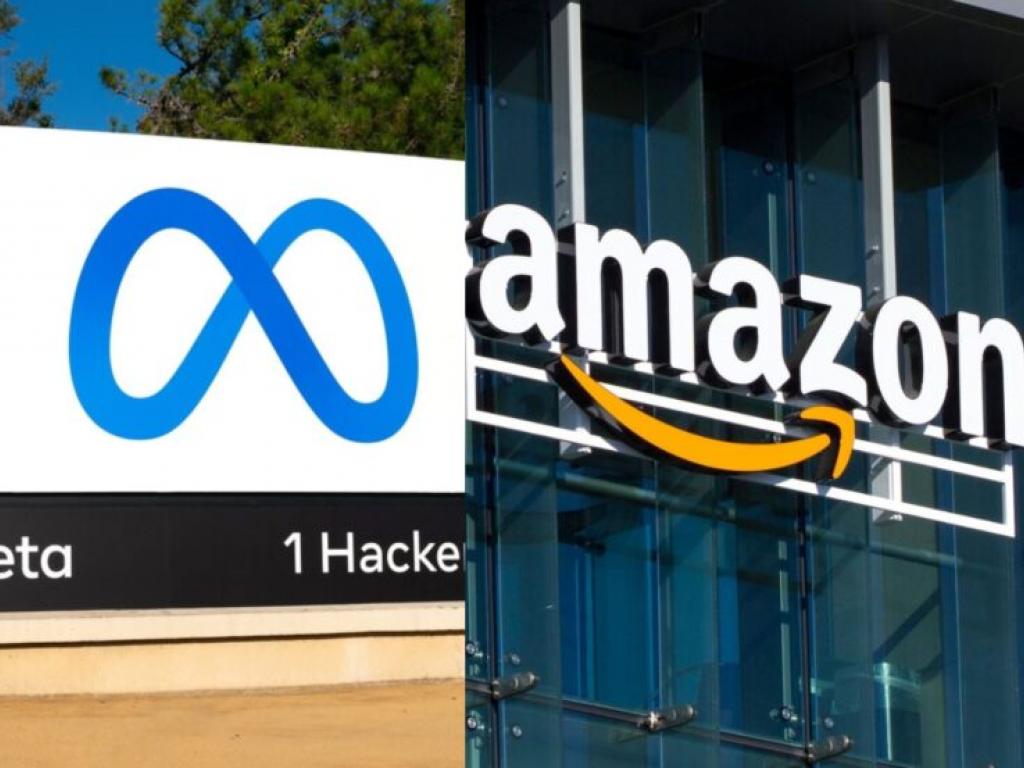Mark Zuckerberg's Net Worth Drops Over $22 Billion As Meta Stock Slumps
The net worth of Meta’s CEO Mark Zuckerberg dropped by more than $22 billion, which is a 13% decrease. This significant drop occurred as shares of the Facebook parent company slumped following the tech giant's first-quarter earnings call, where despite exceeding expectations, the company anticipated slow growth.

Impact on Zuckerberg's Net Worth
Meta's shares plummeted by more than 13% to 426.47, resulting in Zuckerberg's net worth standing at $151 billion, which was a decrease of $22.1 billion in a single day. Despite this decline, Zuckerberg remains the fourth richest person globally, trailing behind LVMH’s Bernard Arnault, Amazon’s Jeff Bezos, and Tesla’s Elon Musk.
During the first quarter of 2024, Meta earned $36.46 billion in sales, surpassing estimates and showing a 27% increase compared to the previous year. However, this positive financial performance was overshadowed by the company's projection of lower-than-expected second-quarter sales and the anticipated high costs in its artificial intelligence division, with no clear path to operating profits.
Meta emphasized its commitment to developing AI capabilities, particularly evident with the launch of Llama 3, a standalone AI chatbot. Despite the heavy investments in AI technology, Meta remains primarily an advertising company, with advertisements contributing to 99% of its overall revenues.
Investor Response and Future Outlook
The substantial planned investments in technology, coupled with the prediction of slower growth in the upcoming quarter, led to a negative response from investors, resulting in a significant drop in Meta's stock value. Zuckerberg highlighted Meta AI's potential to become the most used and best AI assistant globally, despite acknowledging that the company will prioritize scaling the product over immediate profitability.

Analysts have expressed concerns about Meta's transition phases, particularly in comparison to previous scaling periods. JPMorgan analyst Doug Anmuth noted that while there may be long-term benefits, the comparisons to past events may unsettle many investors.
For more information, you can read the full articles on Forbes and NBC News.




















